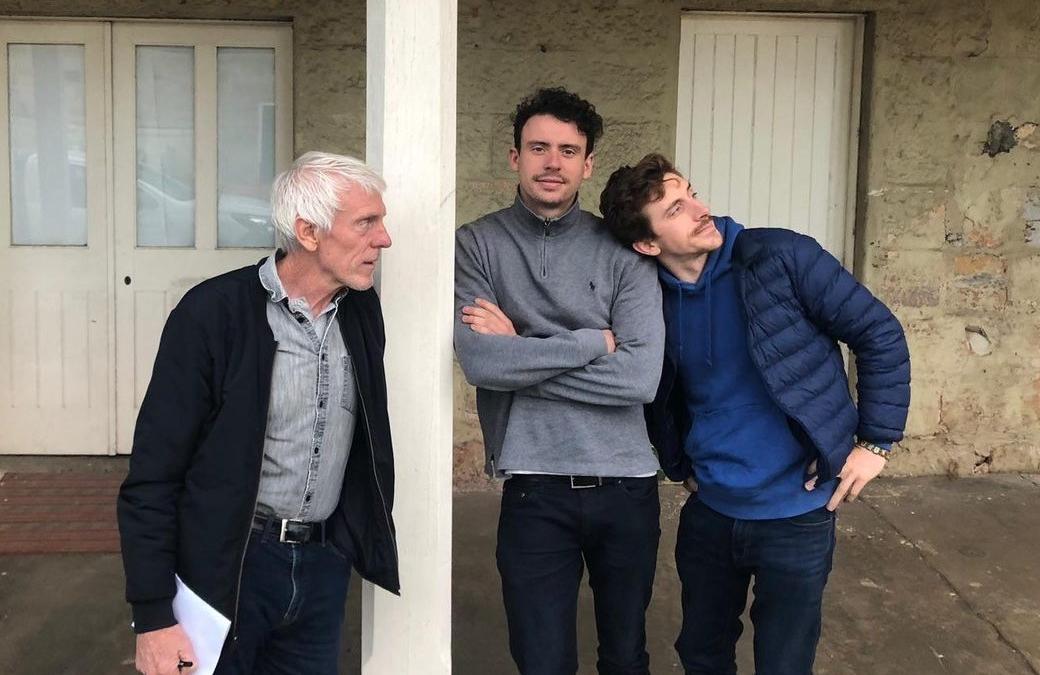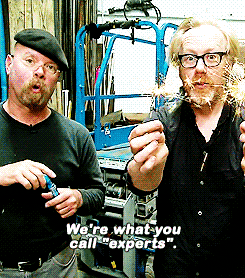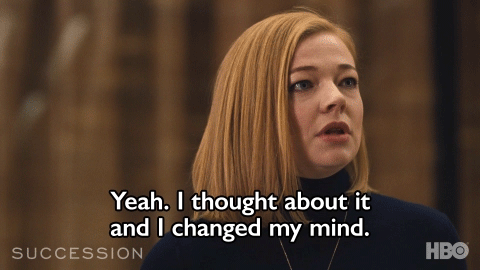
Up until three days ago, I was under the impression that all Australians were organ donors by default unless we opted not to be.
I’m not too sure why I thought this – for all I know I read it on the back of an off-brand shampoo bottle while sitting on the toilet – but I’m glad I figured out sooner rather than later that this wasn’t the case, because now I know I have to actually register online to become an organ donor. I need to apologise to the people I’ve verbally promised a liver to in the past, as it turns out that doesn’t legally pass the test either.
The point is, there are a lot of myths around organ donation that should be cleared up, as it turns out the general public tend not to google search anything unless they’re directly affected by it.
To help spread the word, we enlisted organ recipient Clem McLernon O’Donnell to help bust some myths like that dude with the beret and his bespectacled companion.
Clem was born with a condition that effectively damaged his kidneys beyond repair, however, he was able to receive a spare kidney (spare sounds a bit off but you get the gist) from his brother when he was 20, as his bro was a perfect match.
Clem was incredibly lucky though, as some 1700 Australians are currently waitlisted for an organ transplant. So, let’s clear up some questions, get as many people as possible to consider registering (I did it just before so I can talk schitt without seeming hypocritical) and let’s save some lives, lovers.
1. What if you’ve made some, uh, ill-advised lifestyle choices involving repeat sessions at Revs. Can you still donate?
Clem O’Donnell: This is one of the most common myths about organ donation. In fact, people of all levels of health and fitness can become donors, with even some aged in their 80s donating their organs and tissue. If you like to party, smoke or eat too much junk food, don’t rule yourself out. Let the doctors decide when the time comes. Even if you can’t become an organ donor, your tissue could save someone’s eyesight, allow a person to walk again or help others recover from severe burns.
2. Are doctors less likely to try and save your life if you’re a registered organ donor?
CO: Saving your life is the absolute priority of medical staff. Donation is only considered when you have died or when death is inevitable, and only then is the Australian Organ Donor Register checked and your family asked about donation. One organ donor can save and transform the lives of up to seven people.
3. Will everyone who has registered actually become a donor?
CO: You might not realise it, but it’s a pretty elite club. Very few Australians will have the chance to save lives through organ donation. This is because, firstly, you need to die in a hospital, usually in ICU where your organs can be kept oxygenated and working well before transplant to another person. That’s only a total of about 1,300 people a year. Sometimes medical issues prevent donation, and if your family says no, that’s another reason donation won’t proceed. In 2019, 548 deceased Australians became organ donors. These 548 saved and transformed the lives of more than 1,400 people. The small number of Australians able to donate their organs each year makes it critical that as many people as possible register to be donors, and importantly, tell their family they want to be a donor.
4. Is there mandatory counselling for the donor and recipient?
CO: My brother and I were required to speak to a psychologist at the hospital who specialised in organ donation prior to the operation and made sure we were both comfortable with the process. It was also great for my brother, Liam, who was able to have several more meetings with the psychologist in the weeks following the transplant. It is a big thing to do and the process is very emotional. But we had lots of support around us from family and friends but also the incredible nurses, doctors and hospital team who work ridiculous hours and care for so many patients but who are still genuinely interested in you.
5. Do you think they should switch the system so that you’re an organ donor by default unless you request not to be?
CO: It is a difficult question to answer. There are benefits to both an opt-in system and an opt-out system. Although an opt-out system may lead to more people being on the organ donation register, it doesn’t increase the number of people who can actually donate their organs, because you have to die in a hospital where your organs can be kept alive for transplant to another person. Nor does opt-out prevent a family from overriding the potential donor’s decision. In Australia, the family of the donor has to consent to the donation of the organ, even if the donor is signed up to the register. An opt-in system has the benefit of leading to more discussion between family and friends about wanting to become an organ donor, so that when they sadly do pass away, the next of kin are more aware of what they want to do.
Obviously neither system is going to be perfect. But I think the most important issue, whatever system we have in place at any given time, is that we ensure that organ donation and transplantation isn’t a topic of stigma, but an ordinary and everyday conversation. The more it is talked about, the more the myths are debunked, the less stigma there will be and the better outcomes there will be for all involved; donors, recipients and their families. You don’t need your organs after you’ve died, so why not give someone else a second chance at life by donating them?
6. Let’s say something unexpected happens *knocks on wood* before I’ve registered, what’s the go?
CO: Your family needs to know you want to be a donor because they’ll be asked to give consent in the hospital before your donation can proceed. At this time, you won’t be able to make the decision yourself. The main reason families say no is because they are unsure of what you wanted. Don’t leave your family in the terrible situation of having to make the decision themselves. Tell them now so they can make the right choice. You can save up to seven lives through organ donation, and a lot more through the donation of tissue.
Look, I know it’s a morbid topic to consider, but just think of it as a worst-case scenario game plan. Kind of like the saying about making lemonade out of lemons but far, far more serious.
Think of them as lifesaving lemons, if you will.






